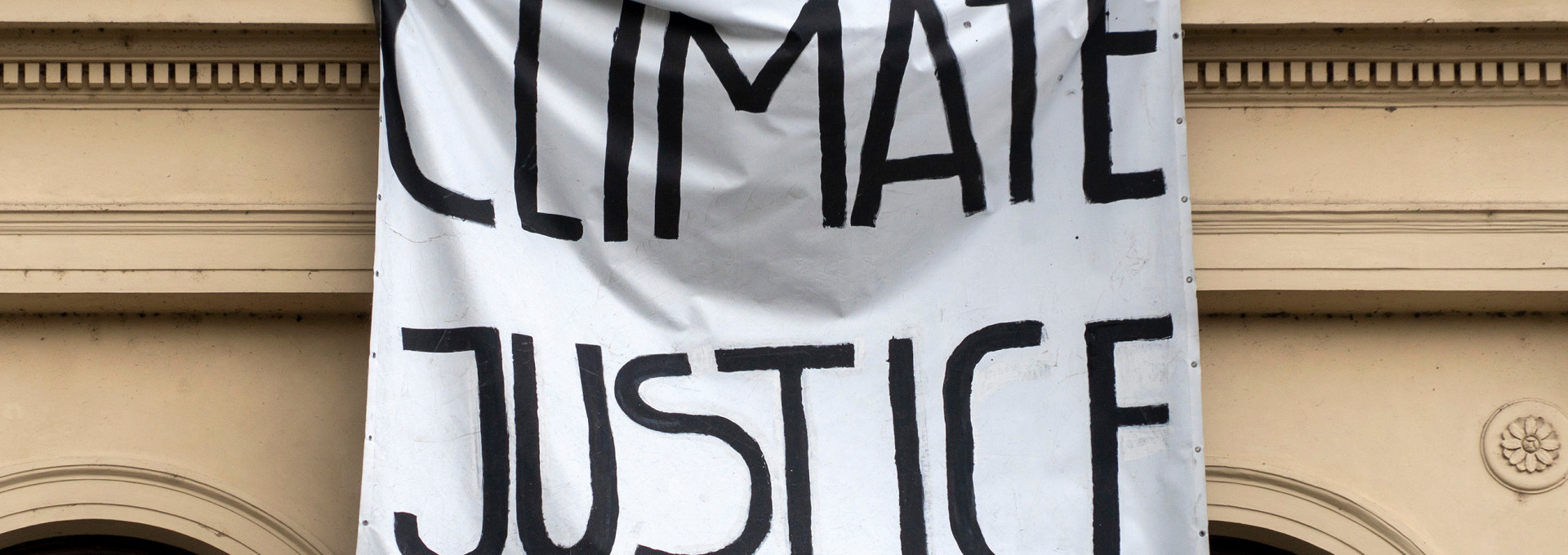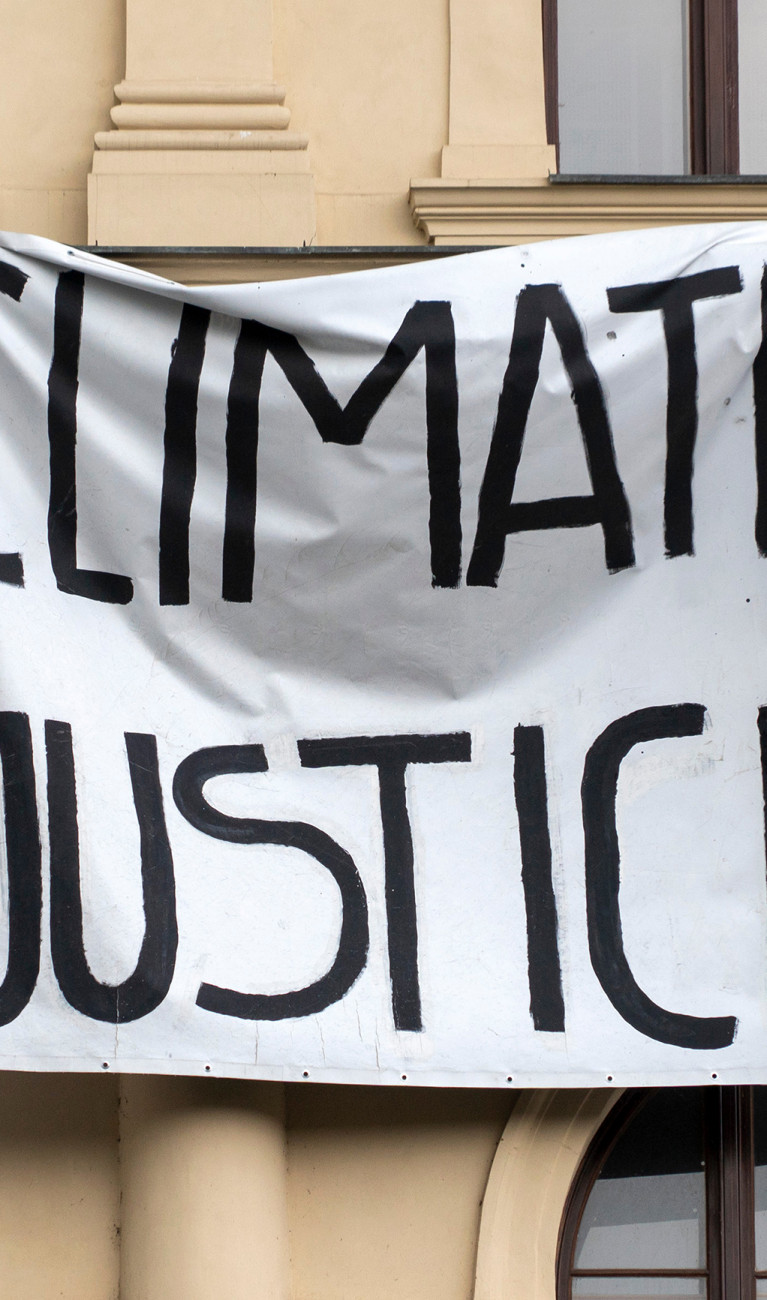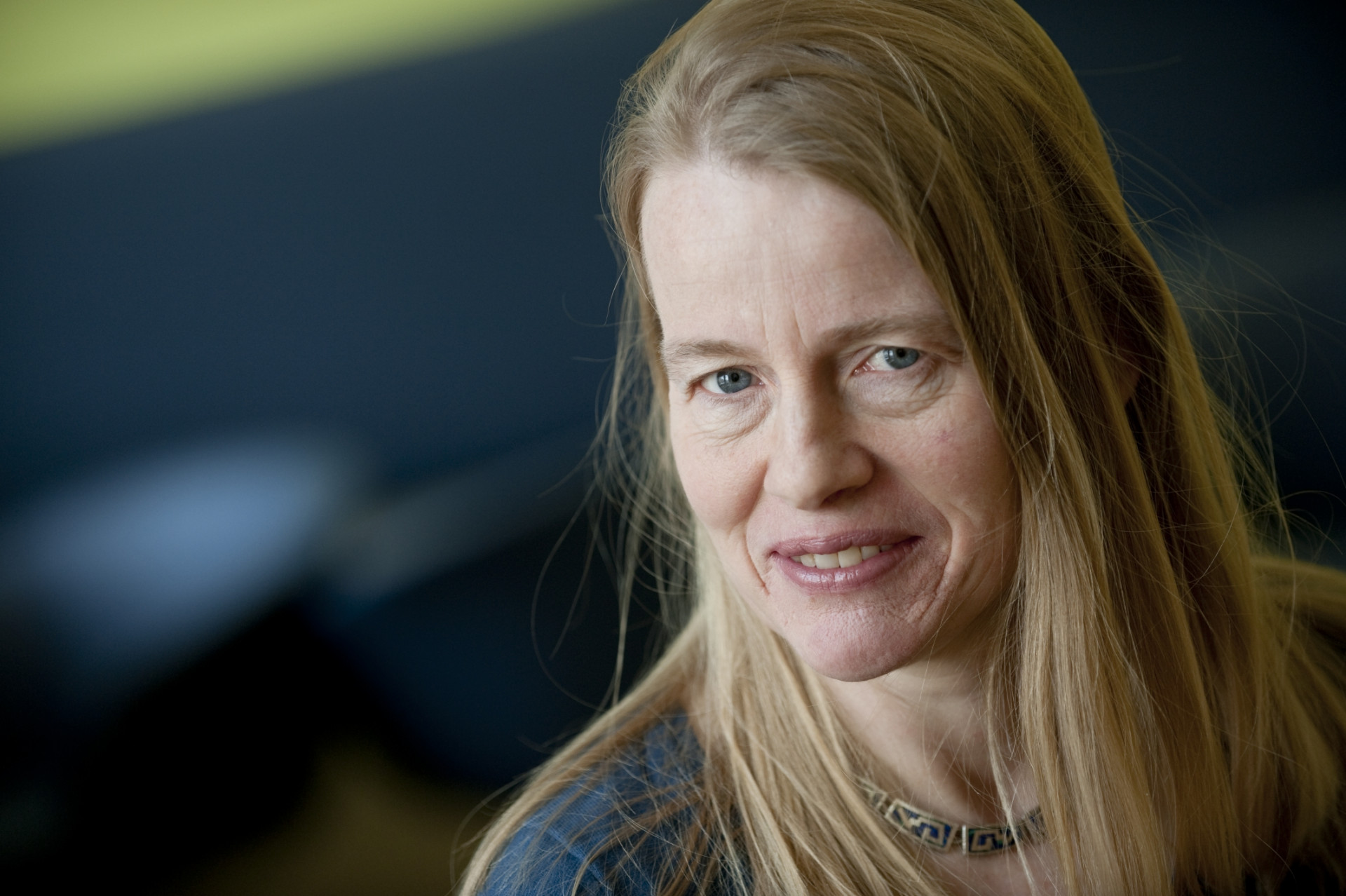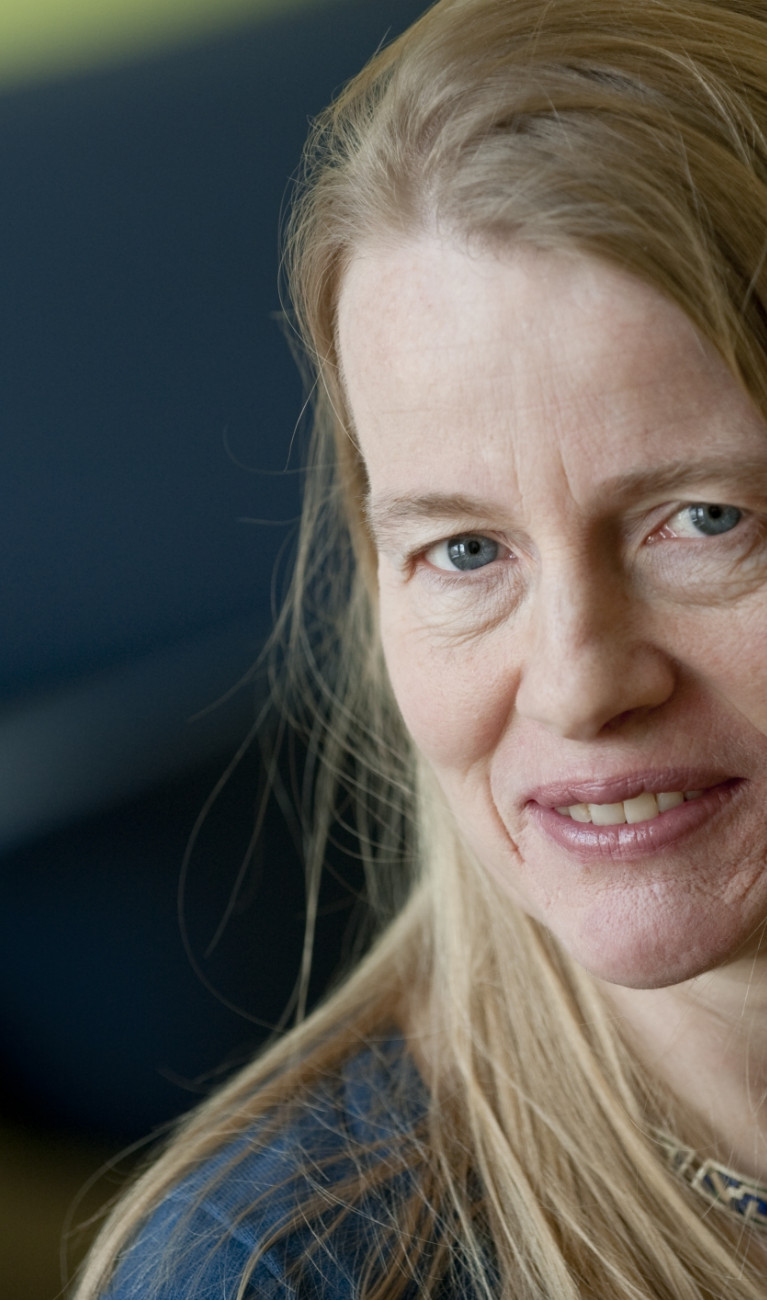



Climate change affects all of us, but we are not all equally affected by its negative effects. Those who are already disadvantaged suffer most severely. How should current climate policy deal with this inequity? And what else should be done in addition?
Fans sold out, months-long waiting lists for air conditioners: those who could re-equipped their homes during the hot summer of 2018. But others couldn’t afford to. In Berlin alone, some 490 people died from the effects of the heat, according to an analysis by the Robert Koch Institute. Older people with low incomes were hit hardest.
Climate change is exacerbating the injustices suffered by already disadvantaged groups. These groups include women, people of color, people with disabilities or health impairments, and the old and the poor. “The climate crisis is also a crisis of social justice,” says Heidi Wittmer, deputy head of the Department of Environmental Politics at the Helmholtz Centre for Environmental Research. “It’s especially hard on people who are already living at the subsistence level because they have no resources for dealing with more difficult conditions.”
In the context of climate change, intergenerational justice plays a major role alongside national and international justice. This means that today's actions must also take into account the consequences for future generations. Read more about this at the Ministry of the Environment.


Climate change is exacerbating the injustices suffered by already disadvantaged groups. These groups include women, people of color, people with disabilities or health impairments, and the old and the poor. “The climate crisis is also a crisis of social justice,” says Heidi Wittmer, deputy head of the Department of Environmental Politics at the Helmholtz Centre for Environmental Research. “It’s especially hard on people who are already living at the subsistence level because they have no resources for dealing with more difficult conditions.”
“Climate change doesn’t have to be unfair, but we have the bad luck that it amplifies the unfairness of our existing structures,” says Dominic Roser, a philosopher and economist at the Interdisciplinary Institute for Ethics and Human Rights at the University of Fribourg in Switzerland. Roser says this amplification is especially strong in the enormous inequality of the north-south divide.
Frank Adloff, professor of sociology at the University of Hamburg, says: “Climate change is amplifying not only injustice between societies but also within society.” Climate action measures should not come at the expense of groups that are already disadvantaged, especially given that wealthy groups usually have more potential for reductions. Otherwise the measures could fuel dangerous social divisions, while social cohesion is a precondition for successfully changing our current way of life. One possible approach is progression: Those who are better off should also contribute more to climate action. What is already set down in international agreements could be reached in a national context with different levels of taxation, for example.
From a moral perspective, however, the measures taken thus far are far from sufficient. Roser sees multiple reasons for this. One is that the self-interest of individual actors and states remains a dominant factor in international negotiations. Another is that emissions are not an isolated good that needs to be distributed. Roser therefore calls for more discussion about fair distribution of the benefits resulting from emissions so that protection against poverty and existential risks would be ensured just as much as economic development. “We would need to change international negotiation processes to be less about individual interests and more about climate change as a problem for all humankind,” Roser says.


Politics will also have to change at the national level to keep climate action from being developed without consulting the public. Adloff cites citizens’ councils as one approach to involving the public in shaping policy. Last year 160 people were randomly selected for a citizens’ council on climate, which worked out recommendations for German climate policy that were submitted to the German parliament.
Also under discussion is the issue of whether ecosystems should be granted legally enforceable rights. Wittmer is skeptical as to whether that would benefit climate action. “But it’s surely useful to establish legal principles that put the common good before individual interests,” she says. That would also benefit disadvantaged people who lack the resources to litigate or get involved in politically.


Roser views the idea that rich individuals or countries could voluntarily develop new technologies and make them cheaper and more attractive as massively underestimated. By pushing clean alternatives, they could cut not only their own emissions but also emissions in general. Such an approach would bring two groups on board that thus far do not cut emissions: poor people for whom climate action means high costs, and “selfish” people who need attractive alternatives because they cannot be moved to abstain or change for moral reasons alone.
Adloff says, “Our current materialistic logic – thinking that climate action has costs that mean material loss – is a hindrance to successful climate action. But of course we’d all be gaining something that’s hard to translate into material value.”
On the whole, dealing equitably with the problems posed by climate change is a new and difficult problem for humanity. “But it’s worthwhile to find and establish new institutions and processes,” says Roser, because we will face other similarly global problems in the future, from pandemics to antibiotic resistance to threats from asteroids. A global community that can draw on established forums for cooperation and has developed a mindset that also considers aspects of fairness when working to solve problems could be better at confronting such problems. Looked at this way, the climate crisis could also serve as a dry run for future crises.